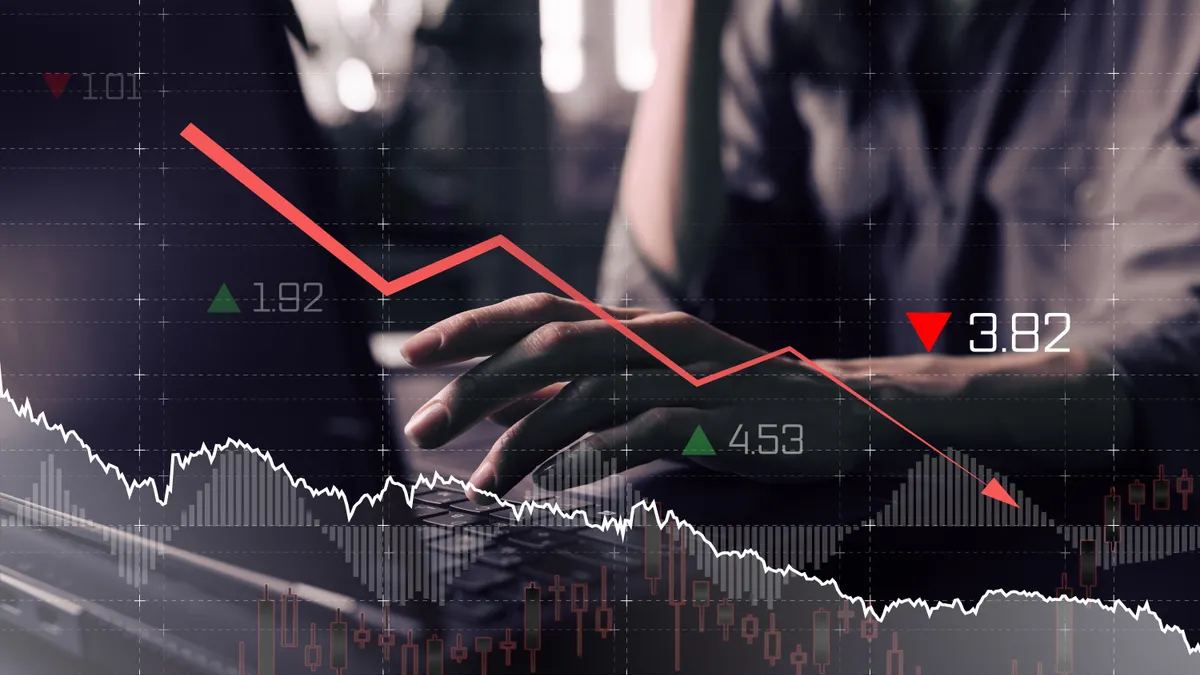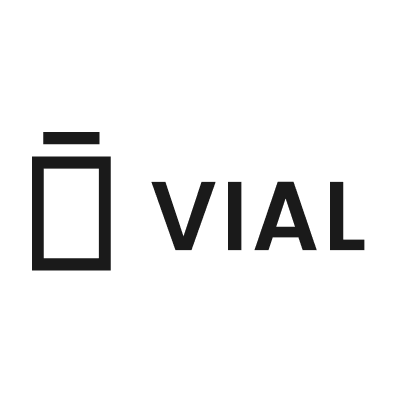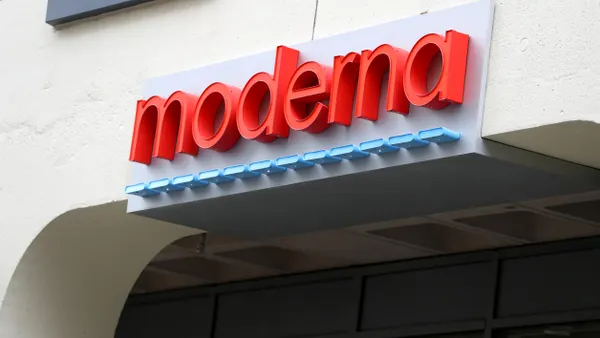Xoma Royalty Corporation on Monday announced a pair of agreements to acquire biotechnology companies HilleVax and Lava Therapeutics, which have both struggled since going public several years ago.
Xoma offered $1.95 per HilleVax share to investors in that company, as well as rights to any additional cash HilleVax holds above roughly $103 million at deal closing, a portion of any savings on a Boston building lease and 90% of any proceeds from the sale of HilleVax’s norovirus vaccine programs.
HilleVax went public in 2022 with plans to develop a vaccine for moderate or severe acute gastroenteritis. Co-founded by Tadataka Yamada, a former Takeda Pharmaceutical executive, and Frazier Life Sciences, it raked in $200 million to progress a vaccine it had licensed from the Japanese pharmaceutical company.
HilleVax’s value has plummeted over the past two years, however, after a mid-stage trial showed its vaccine was ineffective, causing the company to halt development of its lead program in infants, cut 40% of its staff and seek strategic alternatives.
For Lava, Xoma is paying at least $1.16 — and potentially up to $0.08 more — per share of the Dutch company. It is also offering a contingent value right worth 75% of net proceeds from its partnered programs and any sale of its wholly owned pipeline assets.
“We believe the structure of this transaction has the potential to benefit both Lava and Xoma Royalty shareholders over time,” Xoma CEO Owen Hughes said in a statement on the Lava deal.
Lava makes a type of bispecific antibody for cancer called gamma delta T cell engagers. It has a pair of programs in development with Pfizer and Johnson & Johnson, the former of which is for solid tumors while the latter is focused on blood cancers. The Netherlands-based biotech previously licensed out a preclinical prospect to Seagen.
In February, the company announced it would lay off 30% of its staff after disappointing results from a study of its lead program. Lava CEO Steve Hurly said at the time that, “with only one product in clinical development and an early-stage pipeline,” it was “appropriate to investigate strategic opportunities.”
Both HilleVax and Lava are examples of “biotech zombies” — companies that, due to research or other setbacks, trade at market capitalizations below their cash holdings. In recent quarters, these companies have come under pressure to dissolve and return that cash to shareholders, while others have chosen reverse mergers or buyout deals like the two struck by Xoma Monday.
Concentra Biosciences has emerged as a major player in the acquisition of these distressed biotechs, striking several deals this year to buy Cargo Therapeutics, Elevation Oncology and Allakos.
Other firms are taking note. Last week, KKR said it acquired a majority ownership stake in HealthCare Royalty Partners, which has pursued a similar business model to Xoma. And earlier this year, Alis Biosciences launched with a new fund with the goal of freeing “trapped” capital on balance sheets in biotech.
Venture investors are working on ways to support struggling startups, too. On Monday, OrbiMed, a prolific equity funder of new biotechs, announced a $1.86 billion fund for “non-dilutive credit and royalty-based financing.”



















